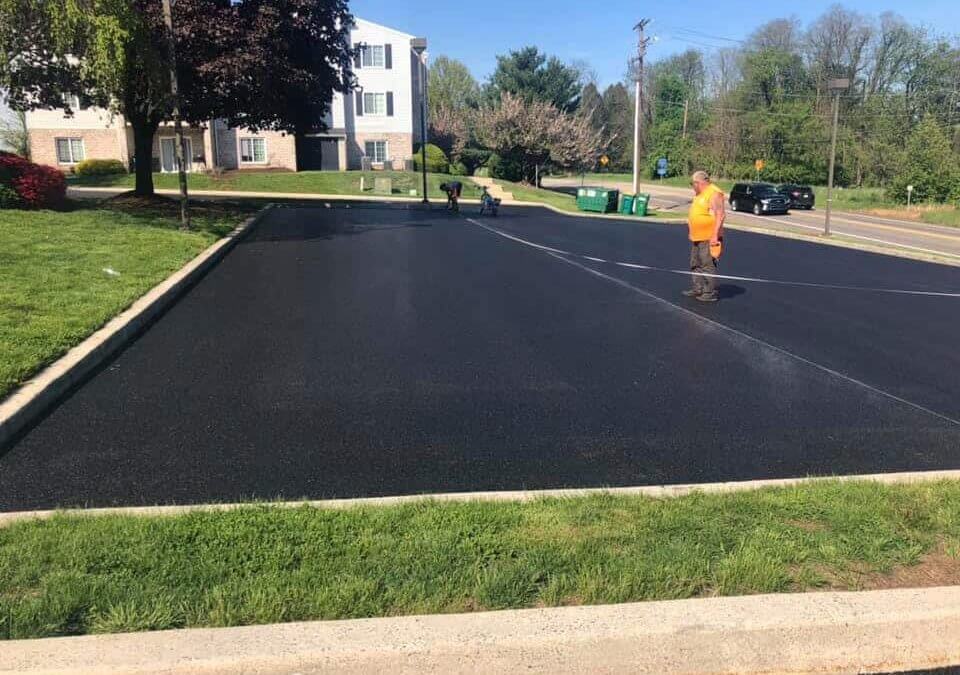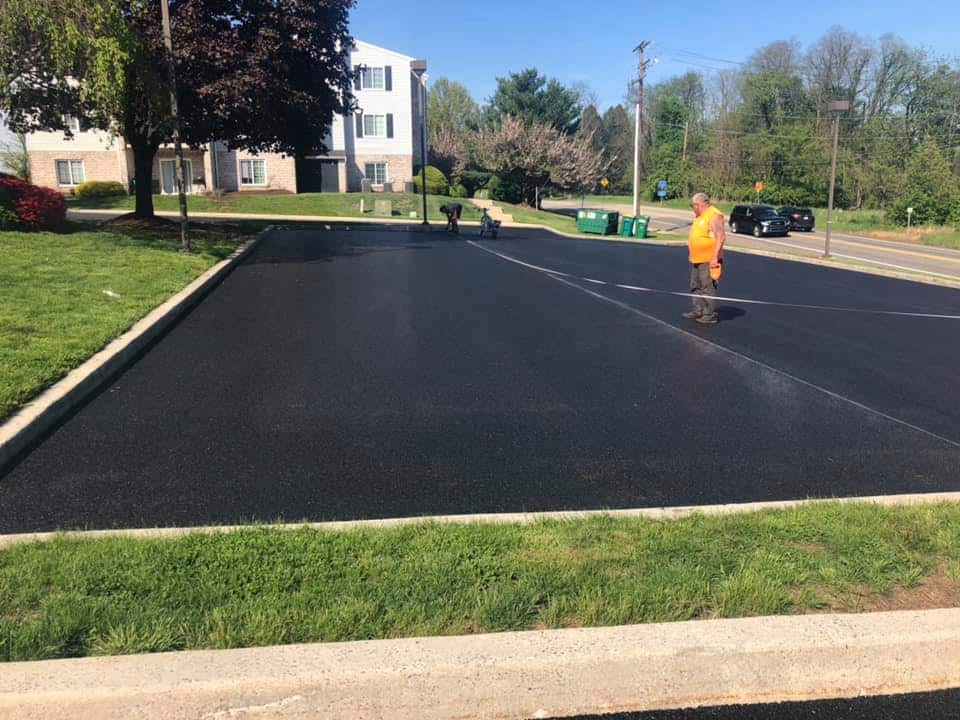Best Asphalt vs Blacktop Guide
Differentiating between Asphalt and Blacktop can be quite a challenge because the terms are often used interchangeably. However, the key difference between the two is the location of installation. Both have similar building component mixed with a slight difference. The information below can help you to make an informed decision between asphalt and blacktop paving.
Asphalt vs Blacktop in Composition
Asphalt and Blacktop concrete are both made of bitumen and crushed stone. Asphalt contains little amounts of crushed stone. The mixture is heated at a minimum of about 250 degrees, making it sturdy and durable. It is mainly used in the creation of highways and major roads.
The blacktop mixture contains slightly more crushed stones than the Asphalt concrete. The inclusion of a higher percentage of crushed stone gives the Blacktop a unique sparkle. The mixture is heated at about 300 degrees allowing it to last longer than Asphalt concrete.
Advantages of Asphalt
- Low Maintenance Costs- Asphalt concrete creates better roads that can withstand harsh weather conditions. During winter, Asphalt retains heat from the sun. The high temperature is used to melt the ice and snow, allowing motorists to enjoy safe rides.
- Allows for a Smoother Ride- Asphalt contains less of crushed stones compared to the Blacktop. The smoothness of Asphalt reduces the noise produced by the interaction between tires and the road. It also reduces the wear and tear of shoes and tires of cars, bikes, and motorcycles.
- Asphalt Paving is Durable- The Asphalt roads are built to last for much longer compared to blacktop roads. Asphalt roads can support heavy loads over a long period making it ideal for the highways and other roads supporting heavy traffic.
Disadvantages of Asphalt
- Requires regular maintenance- You need to seal your driveway, most preferably one year later, after the initial installation. You shall also need to reseal your asphalt driveway within three to five years to prevent the formation of cracks.
- Creation of Asphalt Pollutes the Environment- asphalt paving includes the use of petroleum extracts. The hydrocarbons released into the environment contribute to air pollution. It would be best if you also had special artillery while handling the asphalt mixtures.
Advantages of Blacktop
- Helps to reduce road accidents- the rough surface of the blacktops provides a tighter grip for the tires and shoes. The incidences of accidents are quite limited in the blacktop surfaces, making it ideal for the driveway, playgrounds, residential roads, and parking lots.
- Maintenance costs are low- Blacktop is quite durable compared to Asphalt. The blacktop road lasts longer than concrete roads, for they can bend and stretch a little bit. You can also reseal the blacktop paving after a short while to reduce its rate of wear and tear.
Disadvantages of Blacktop
- Relatively Shorter Lifespan- Blacktop is commonly used in the creation of residential roads, parking lots, playgrounds, and driveways that host little traffic. You also need to reseal the Blacktop after a few years to prevent it from incurring irreversible damages.
- Promotes Wear and Tear- Compared to Asphalt, blacktop paving is rougher due to the availability of more crushed stones. Contact with the wheels produces more noise while the wheels wear out faster. Blacktop is rarely used in the creation of major roads.
Both Asphalt and Blacktop are used in making all-weather roads. As highlighted above, both are prepared using the same ingredients at different ratios. They are also heated at different temperatures to create a difference in the long run. You can install a new driveway made of Asphalt or Blacktop, depending on your preference. It would be best if you avoid using DIY skills in the creation of asphalt or blacktop surfaces.


